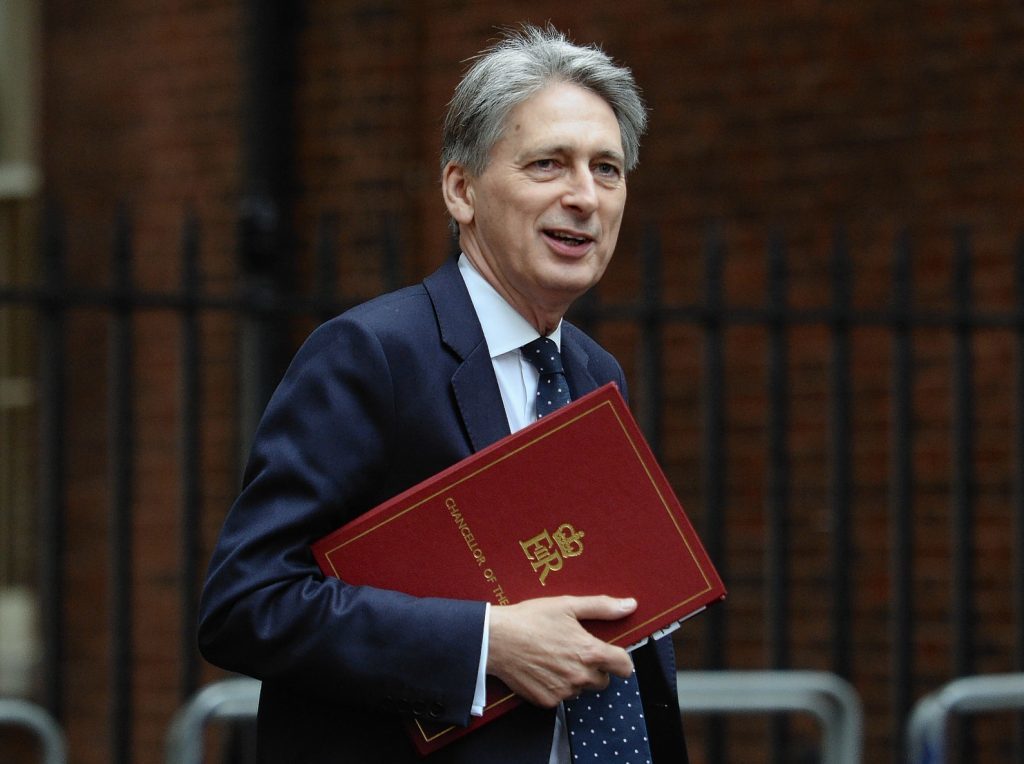
The far-reaching impact of the oil price crash on the north-east was highlighted last week with new figures showing a rise in the number of people claiming benefits.
And on Wednesday, Chancellor Philip Hammond will have the opportunity to offer support when he takes to the Despatch Box to deliver his first Autumn Statement.
Over the past few months, representatives from the oil and gas sector, MPs and businesses have been sending in their wish lists to the Treasury.
What does the industry expect?
For trade body Oil & Gas UK, the top priority is boosting investor confidence in North Sea exploration and production.
It says urgent action is needed if the sector is to maximise the economic recovery of the up to 20 billion barrels of oil and gas equivalent still available.
According to its recently published Economic Report 2016, investment in the UK continental shelf has fallen to around £9billion this year, from a record £14.8billion in 2014.
Additionally, less than £100million of fresh capital has been committed to the basin this year, with only one new field approved.
Oil & Gas has four key asks from the UK Government:
New measures to extend the Investment Allowance for operating expenditure, aimed at increasing production from an asset or keeping it producing for longer. This could include investment in enhanced oil recovery techniques.
Completion of its work over recent budgets on decommissioning tax relief, with steps to enable transfer upon an asset sale. This would unlock the trading of assets by encouraging new entrants to the market and freeing up investment.
Promoting the increasing competitiveness of the basin and capability of the UK’s oil and gas supply chain, both nationally and internationally, as part of the planned industrial strategy. This would recognise the sector as a key element of the economy.
Reaffirmation of its commitment to the driving investment fiscal strategy which recognises the need for a more competitive, simple and predictable fiscal regime as the basin continues to mature.
Chief executive Deirdre Michie said the Autumn Statement was an invaluable opportunity to send a clear message to investors that the UK Continental Shelf is a great place to do business.
“The cost has come down significantly and production has increased for the first time in 15 years thanks to the industry’s efforts to make its operations more efficient,” she added.
“We urgently need to see new entrants encouraged into the market and increased asset trading is one area that could boost activity in the North Sea by facilitating the trading of late-life assets.
“But investors are also looking for certainty and we can’t underestimate the importance of government sending a strong signal of confidence and support.”
At the Tory party conference, the chancellor’s right-hand man David Gauke suggested the sector shouldn’t expect any additional support given the measures in the last Budget.
These included scrapping the petroleum revenue tax (PRT) and cutting the supplementary charge to 10% – backdated to the start of the year.
James Bream, research and policy director at Aberdeen and Grampian Chamber of Commerce, did not ask for further changes to the industry’s fiscal regime in his letter to the chancellor.
But he added: “A statement supporting a continued downward fiscal trajectory would be extremely valuable. This will help retain investor confidence – important for exploration and production companies – and therefore the supply chain so important to the UK in terms of jobs and output.”
Aberdeen South MP Callum McCaig, the SNP’s energy spokesman at Westminster, said “meaningful incentives” for exploration would be essential to ensure the remaining opportunities are not wasted.
He added: “The previous chancellor promised loan guarantees that have yet to materialise and we are still to see the changes that can and should be made to decommissioning allowances that would allow for new entrants and fresh capital to the North Sea.”
Ian Murray, Scottish Labour’s Westminster spokesman, also believes Mr Hammond should use the mini-Budget to help the industry in its time of need.
Scottish Labour proposes setting up a new agency to help prevent assets such as platforms and pipelines being lost earlier than planned.
It would be tasked with identifying candidate assets to be supported with public investment.
Mr Murray said: “Once these assets are gone they are gone for good, with all the benefits they bring to Scotland’s economy.
“We have to do all we can to stop that happening and then review investment once the oil price rises again.”
Recommended for you
